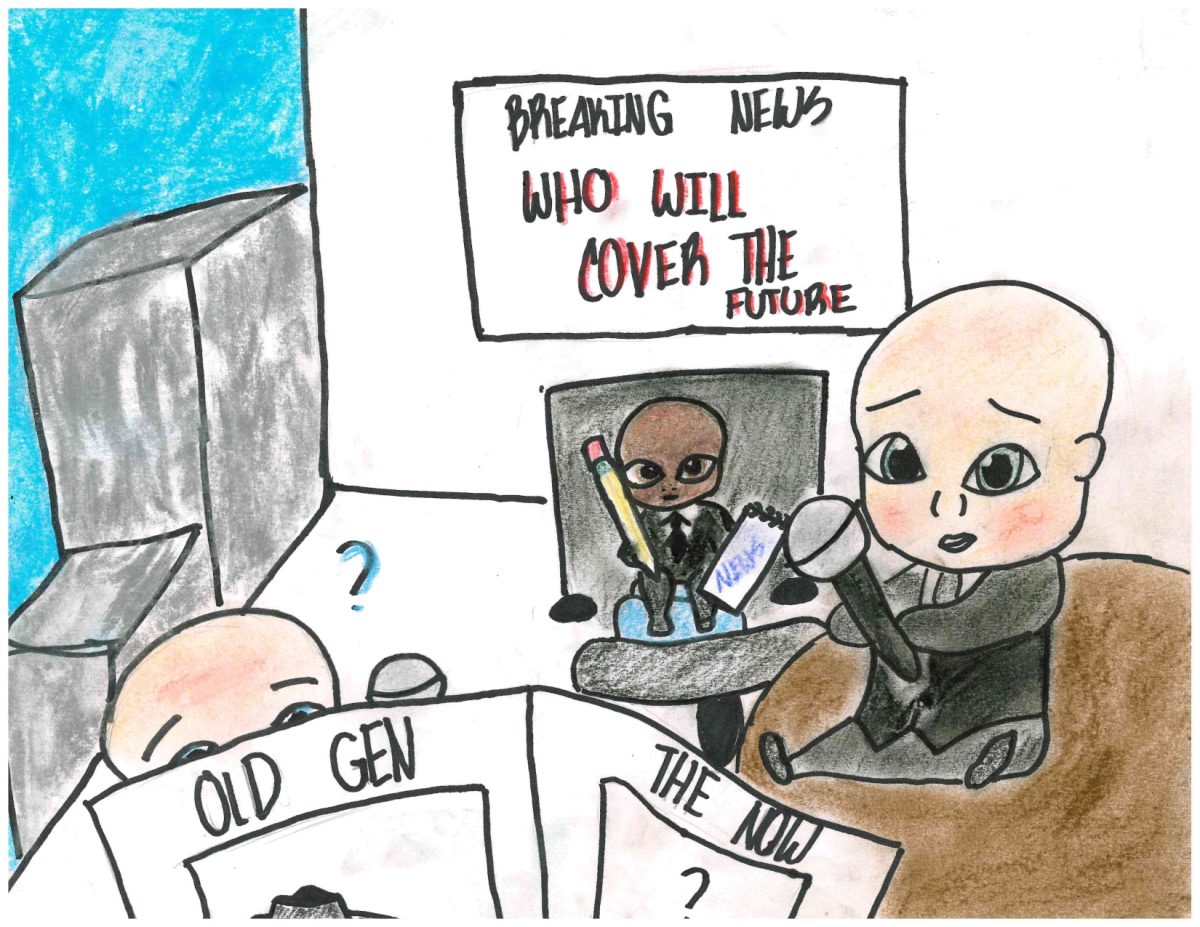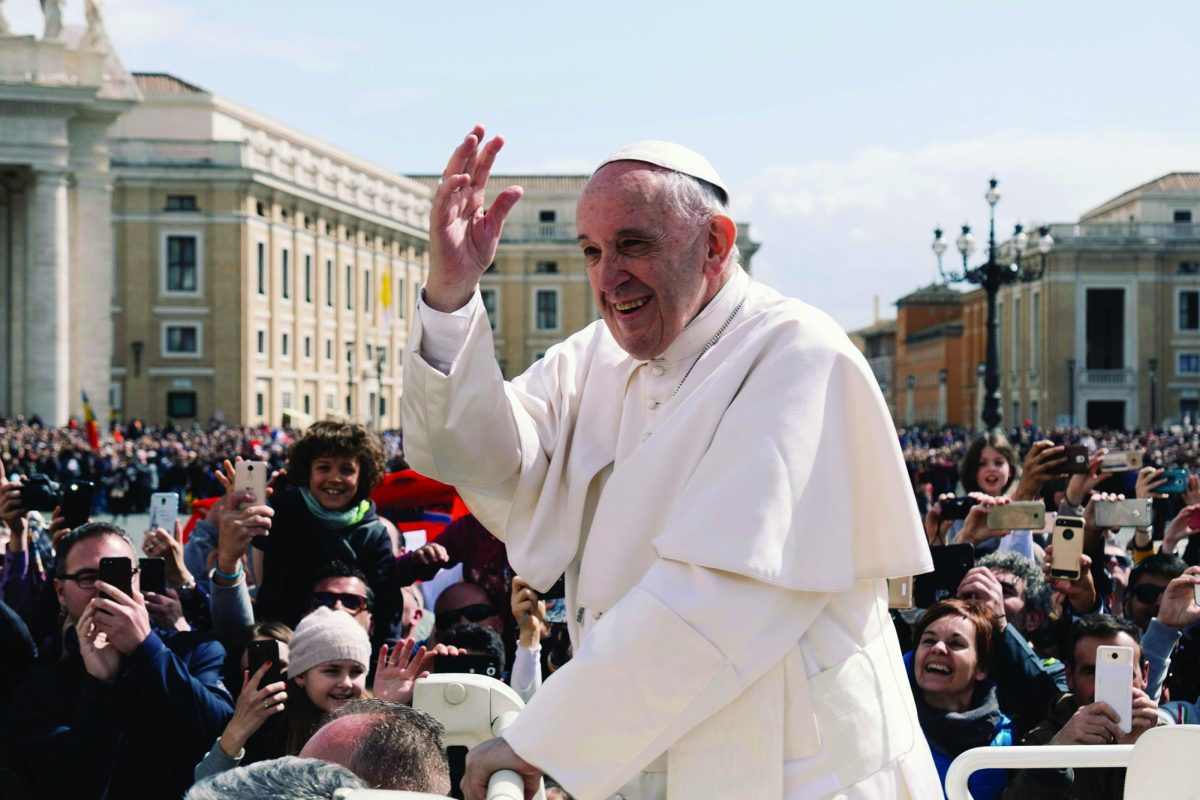The variety of opinions and platforms surrounding the 2020 Democratic primary is immense.
With a wide pool of candidates and a broad range of ideas represented, this year’s primary is poised to divide voters.
This division could cut deep, not only in early states, but for the remainder of the election, and potentially spoil a Democrat’s chances of winning.
One thing perhaps many may agree on, though, is that the Democratic National Committee (and perhaps the media in general) has done a poor job of fairly representing the roster.
While this may be something to be expected with such a large pool of candidates, there are a number of things that are not only inexcusable (e.g. MSNBC misidentifying Andrew Yang as John Yang), but show problems that have afflicted the primaries from the start and can be linked back to party leadership.
In the 2016 primary, the three major candidates battled it out and, while not without a lot of controversy about some emails, Hillary Clinton eventually received the support of the DNC over Bernie Sanders.
While the DNC has implemented reforms in stripping superdelegates of power and opening up caucuses to absentee voters, this does not change the underlying lack of party unity that has been exemplified by the array of candidates thus far.
The last election in which the Democrats sought to challenge a Republican incumbent was 2008, and featured eight major candidates. This year, there are 14.
Such a broad approach to the selection of a candidate does not afford much trust to the Democratic Party.
So far, the primaries have seen large swings within the top five. As of writing this article, it is not even February and the race has seen the rise and fall of Kamala Harris, Beto O’Rourke, Juliàn Castro, and Cory Booker as major players either nationwide or among certain interest groups.
Each candidate has brought a series of fresh, unique viewpoints to the field, resulting in a range of ideologies for voters to follow.
This may be exactly the problem for Democratic prospectives in 2020: voters are being bombarded with the normal waves of controversies and talking points, amplified immensely due to the aforementioned.
Progressives may cringe to see Biden seemingly performing so well, but to many, he is seen as a safe bet.
In any case, by giving credence to so many candidates from the start, the DNC has made it more difficult to establish a frontrunner that people have faith in.
When compared to the 2016 election, Joe Biden has made much less of a dent in the minds of the average voter than Clinton had at this point.
On the bright side, this toss up has exposed the average American voter not only to the issues plaguing the state of politics at the moment, but to a race filled with candidates of many platforms; perhaps no other primary has been as progressive as this.
Andrew Yang’s candidacy, in particular, is noteworthy in that it has shown tenacity.
Regardless of what type of treatment he receives from the media, he has succeeded in representing the underrepresented Asian-American demographic and exposing an unconventional platform to the public.
The late entrance of Michael Bloomberg has achieved quite a similar effect – upending the race and propelling himself to third place, according to the December 27-28 The Hill-HarrisX poll.
Fellow billionaire Tom Steyer, on the other hand, has not seen so much success despite being in the race longer and focusing a similar amount of attention on advertising.
But is being a billionaire enough to win an election?
The concentration of wealth among the candidates has drawn controversy, but obviously not enough to keep Bloomberg from the limelight.Bloomberg is foregoing donations, and by proxy, the debates.
From what the debates have shown voters so far, though, it may only serve to bolster Bloomberg’s campaign that he can carry such weight in the minds of voters without having to step foot on a debate stage.
This is an example of how the DNC has tarnished the value of normal primary proceedings in an election that, for them, is an extremely important one if they wish to breach America’s partisan divide.
Like the Boss says: Baby, we were ‘born to run’
This year’s Democratic primary has been a whirlwind of dramatic debates featuring panels of hotly contested seats. However, there are a number of factors impacting the debates, which have long been seen as the main way for candidates to present their platforms.
0
More to Discover






